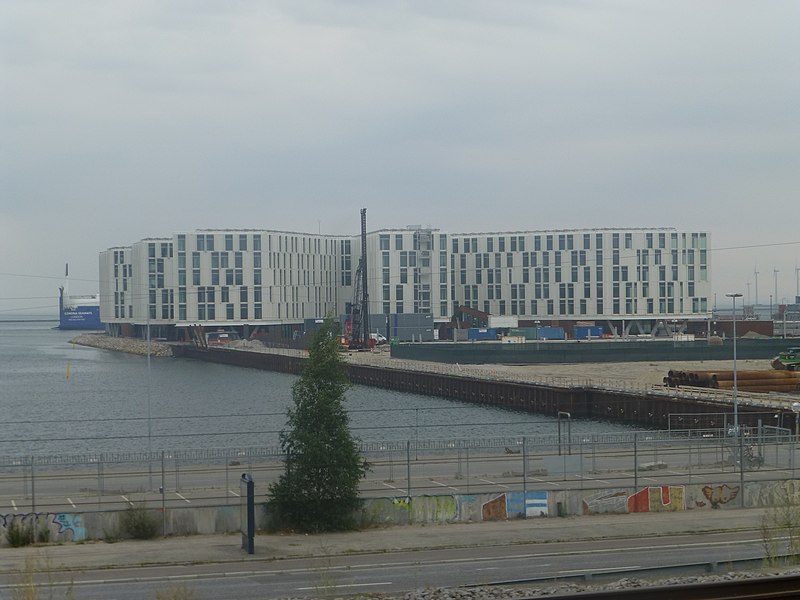The World Health Organization (WHO) is moving its European office for non-communicable diseases to the UN City in Copenhagen, where it will become a neighbour of its European HQ.
Relocating the office from Moscow to Copenhagen makes sense given “Russia’s aggression and unacceptable invasion of Ukraine”, explained the interior and health minister, Sophie Løhde, in an official statement.
“We cannot have an important WHO office based in Moscow. Therefore, the decision and the move are both necessary and the only right course of action,” she added.
The move, which will take about six months to complete, was approved by the member countries of the European region of the WHO.
Denmark to co-finance office
Denmark, along with a number of other donors, will co-finance the move and the office’s future activities.
The office is charged with reducing premature deaths caused by non-communicable diseases in the region – such as diabetes, cancer, and lung and cardiovascular diseases – by a third by 2030 by improving monitoring, prevention and treatment.
“The purpose [of the move] is to give WHO better conditions for its important work, and to show solidarity with Ukraine,” added Dan Jørgensen, the minister for development co-operation and climate.
“Together with a number of like-minded countries, Denmark is taking responsibility and financing the move and the office’s work.”
















